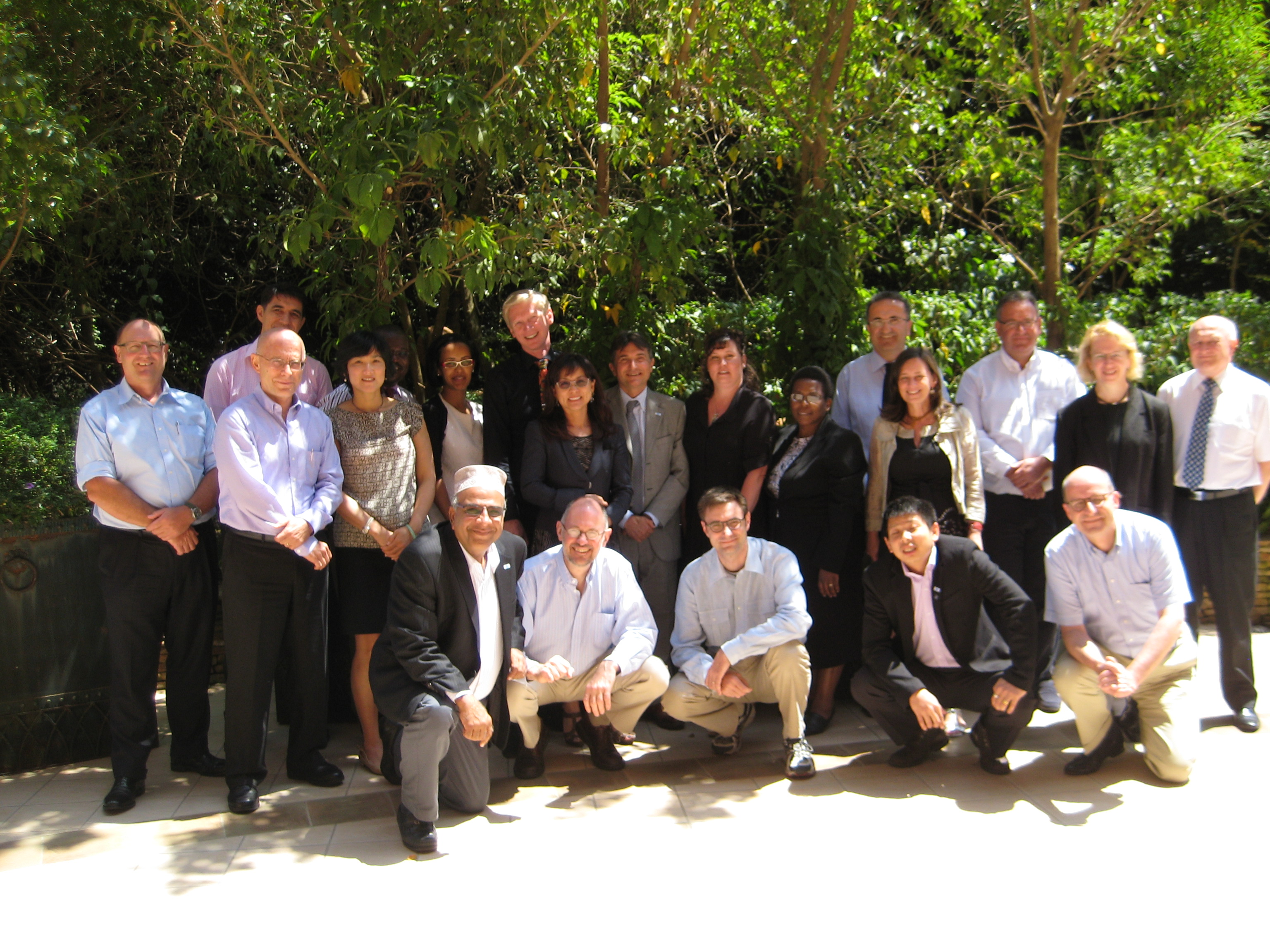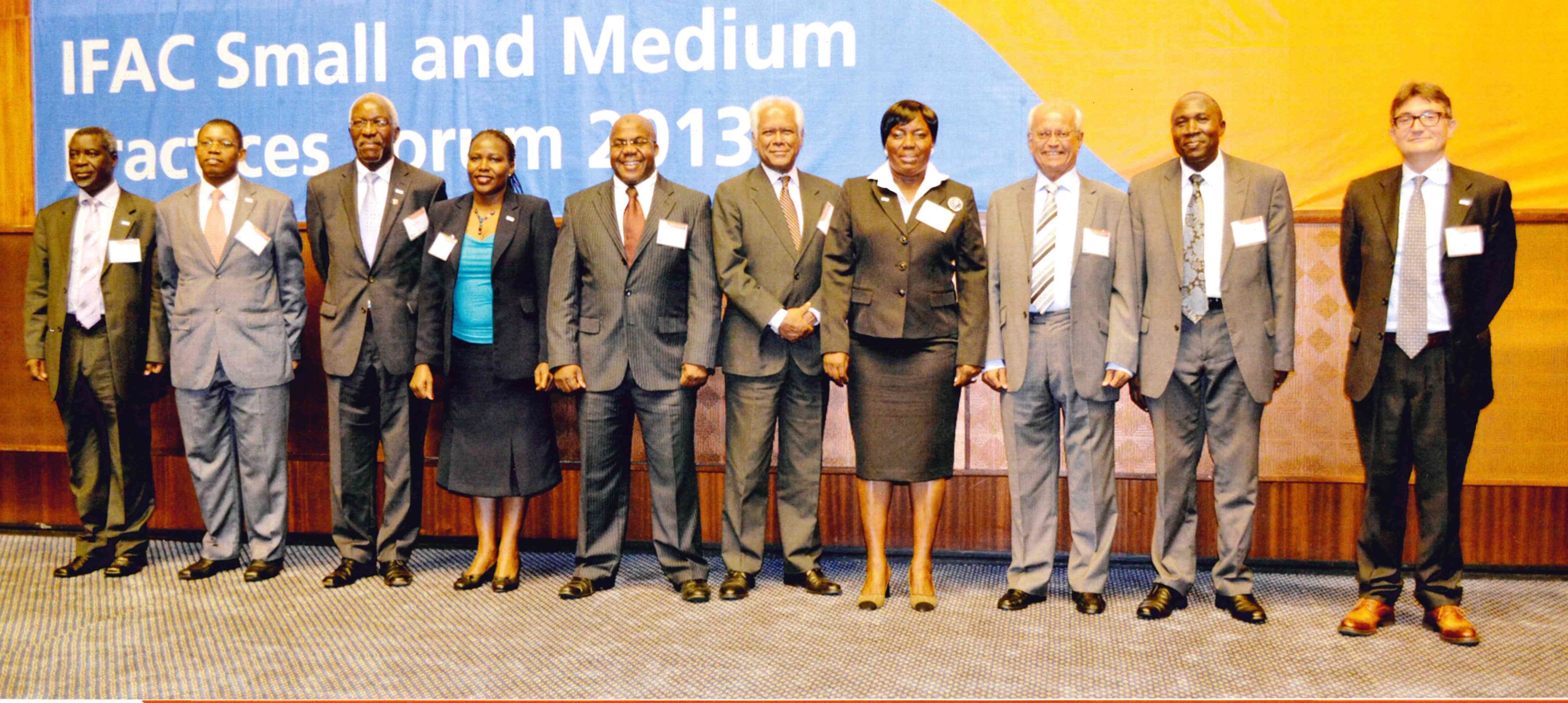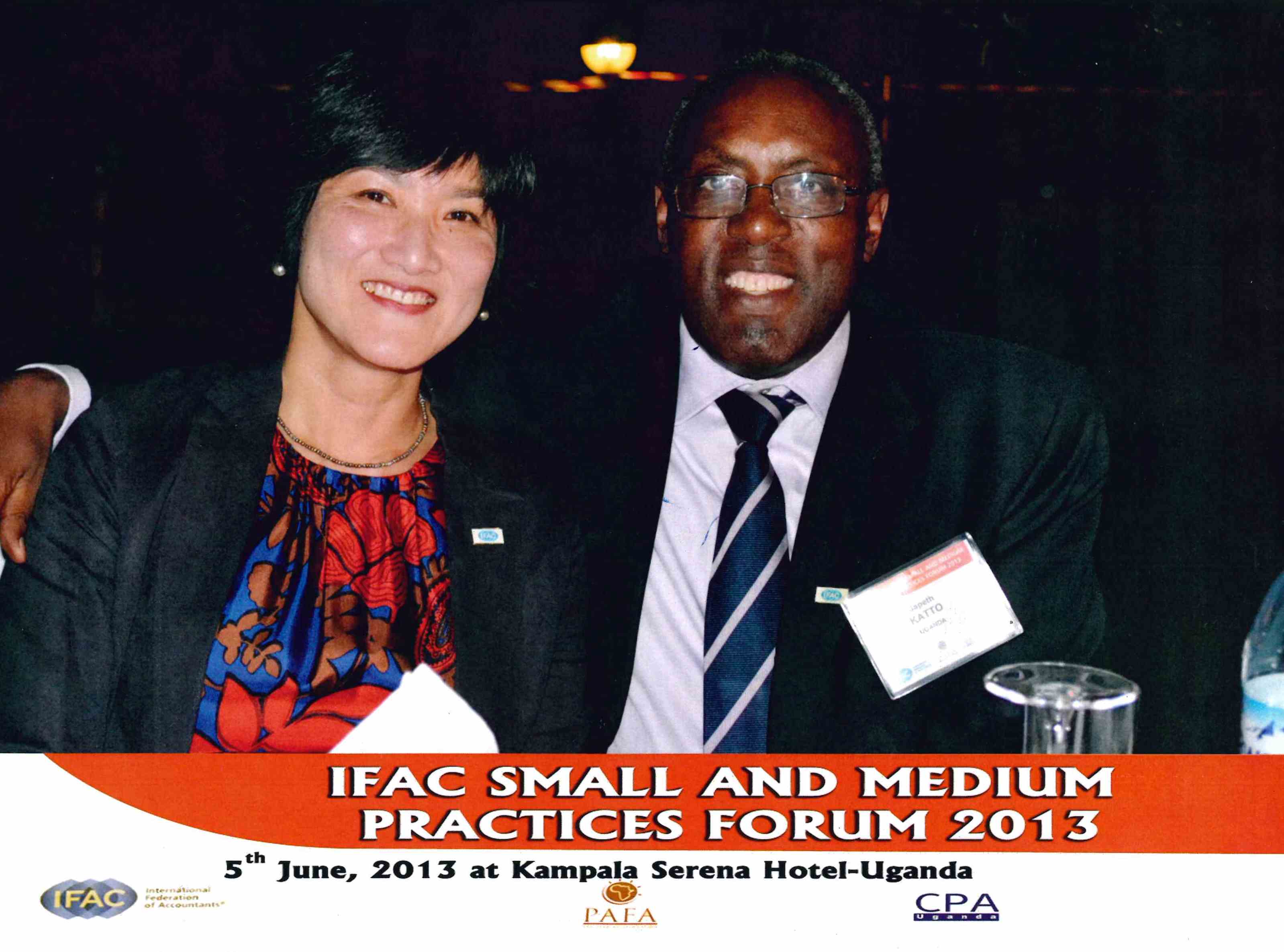Participating Panelists in order of presentation:
Jay Hanson—PCAOB Member
Dan Montgomery—IAASB Deputy Chair
Joel Osnoss—Global IFRS Leader, Deloitte
Steven Buller—BlackRock
Introduction
Good afternoon everyone. I appreciate the opportunity to be with you today. As panelist Jay Hanson from the PCAOB mentioned in his remarks before me, there are many interesting ongoing developments affecting the auditing profession, and I think most of us would agree, in light of the global financial crisis, there is even more of a role for auditors to play in helping restore the confidence of analysts, investors and others in financial reporting and increasing the relevance of the financial statement audit.
As an independent standard-setting board, the IAASB does not represent the auditing profession, but rather seeks to establish requirements for the profession that respond to the public interest. And we do this on an international basis, recognizing that analysts and other users operate in a global environment and need confidence that audits, wherever they are undertaken, are to the same high standards and auditor communications are able to be compared and understood across borders.
In today’s environment, the audited financial statements are certainly important and a central focus of the information set available to users. But the spectrum of financial communications includes more than the financial statements: there is much information that is issued along with, but not a part of, the financial statements that users look to for insight into a company.
At the same time, the increasing complexity of business and financial reporting has increased the volume of financial statement disclosures and other information, which has led to calls for change in the way that information is presented and disclosed. It also has led to calls for change in the way auditors communicate with users about the audit as well as auditor involvement with other types of information.
So the questions are: how are auditors involved with important information being communicated by entities to users? And how can and should they be more involved, and more relevant in their work? With that backdrop, I will highlight a number of IAASB initiatives aimed at strengthening the auditor’s role in relation to different types of information communicated to users of financial statements.
Auditor Reporting
Let me start with the auditor’s report and IAASB’s number one priority project to explore how to enhance its communicative value. While users certainly support the current “pass/fail” audit opinion, many believe there is scope for expanding what auditors say about the audit that was performed. Auditors are “the on-the-ground eyes and ears” acting on behalf of investors and other stakeholders; they understand the areas of the financial statements that pose the greatest risk for misstatements, as well as the areas that are most subjective and judgmental; and they bring to bear their expertise and professional judgments in formulating their opinions. So, many are asking auditors to give more insights about their work.
The IAASB has now done two public consultations on the subject of auditor reporting and the message is quite clear – users, especially investors, want to understand more about what auditors do, where auditors spend their time, and the areas where the most challenging discussions with management or with the audit committee took place. Some users have said that this would help them get better insight into the quality of the individual audit that was performed.
The main improvement to auditor reporting that the IAASB is exploring is a new section of the auditor’s report that we have referred to as Auditor Commentary. In our June 2012 consultation, we explored an objective for Auditor Commentary focusing on matters that, in the auditor’s judgment, are likely to be most important to users’ understanding of the financial statements and the audit and provided some examples of how the concept could be operationalized.
Respondents to our consultation supported the concept of the Auditor Commentary at a high level, and investors in particular favored increased transparency about what “kept the auditor up at night” and believed the role of the auditor was to flag the most challenging matters relating to the audit as a prompt for stakeholders to further engage directly with management and the audit committee on these matters. Investors and preparers and others, however, expressed concerns about the auditor being seen as providing original information about the entity. Preparers in particular felt it was their role to explain the most important matters in the financial statements to users and cautioned against the possibility of blurring lines of responsibilities.
We are currently exploring a focus on key audit areas and significant auditor judgments as a useful way forward, and we will continue to debate how this could best be done, with plans to approve an exposure draft in June 2013.
The IAASB also is exploring auditor reporting on Going Concern. The global financial crisis has led to some criticism that earlier warning signals about going concern are needed. Our initial proposals were derived from the auditor’s current work effort in relation to going concern in an ISA audit. But respondents to our consultation were concerned about the risk that auditor reporting on going concern could be misinterpreted by users, thereby increasing the expectations gap. They also highlighted that going concern is first and foremost a financial reporting concept, and that a more holistic approach to change involving both accounting and auditing standard setters might be the most appropriate response to the calls for change. The IAASB has been encouraged to work collaboratively with the IASB and FASB in finding the best way forward in this area.
One final point on auditor reporting. The IAASB recognizes the importance of alignment, to the extent practicable, with others currently addressing auditor reporting, including the PCAOB, the European Commission, and the UK Financial Reporting Council. For this reason, we see coordination and collaboration as an essential part of our work.
Disclosures - Within and Outside the Financial Statements
Let me now turn to the topic of disclosures. Although the auditor’s opinion is on the financial statements as a whole, there are many important disclosures in today’s financial reports: many quantitative, but increasingly qualitative or narrative-based and more judgmental in nature. The natural questions that arise include whether all disclosures are being audited in the same way, and should they be? Is materiality the same for all the different types of disclosures? And should auditors help ensure that disclosures focus on the right information in the right amount of detail; if so, how?
The IAASB of course has a role to play in seeking answers to these and other important questions, and in September 2012 approved commencement of a new project addressing the audit implications of disclosures. As part of this initiative we will actively liaise with the IASB, FASB and others.
As you all know, there also is much important information presented in financial reports outside the basic financial statements,” such as MD&A. In September 2012 the IAASB approved for exposure a proposed revised standard addressing the auditor’s responsibilities relating to this “other information.” Auditors currently have a responsibility to read this information to identify any material inconsistencies with the audited financial statements. We propose enhancing this responsibility as there is much that the auditor can bring to bear in light of the auditor’s understanding of the entity and its environment acquired during an audit. The comment period on this exposure draft runs through to March 14, 2013.
All of the above is part of finding answers to the key question: “How can auditors and others in the financial reporting process assist in improving the quality and understandability of disclosures?”
Broader and Forward Thinking
Let me turn finally to other types of relevant information for users of financial statements.
Analysts and investors often cite a company’s earnings release, or preliminary announcements, as the key financial information used in decision-making. While some countries have requirements for auditor association with this information, there are currently no global requirements for auditors relating to earnings releases. The IAASB intends to leverage our experiences with our other information project, and undertake research to begin to explore what may be feasible in relation to possible requirements for auditors on earnings releases. We plan to commence this in 2014.
Also on the horizon is the concept of “integrated reporting,” which is being spearheaded by the IIRC (International Integrated Reporting Council). This topic is getting much attention and gaining momentum globally, as investors and others believe that corporate reporting should be more focused in more holistic explaining the entity’s value creation over time.
Moving to integrated reporting will no doubt have implications for companies but also for auditors, not only in relation to assurance on the financial statements included in an integrated report, but also in terms of the possibility of assurance on the entire integrated report. For this reason, the IAASB has formed a working group to track ongoing developments related to integrated reporting to ensure the IAASB is well-positioned to develop an appropriate response, perhaps in the form of standards, when the time comes.
This working group also will lead our forward thinking on other important areas such as XBRL and corporate governance reporting, where developments are happening quickly, and we remain committed to identifying early on where the IAASB’s future priorities need to be.
Closing
These are exciting and challenging times. It is now more important than ever for groups like IAASB, PCAOB, IASB, and FASB to work collaboratively. In addition, analysts, investors and preparers have to be engaged and outspoken about needs and concerns to help influence future direction, and all must work together to find common, meaningful and workable solutions to current and emerging issues.
Finally, I’d like to acknowledge the work of the CFA Institute and its support of the IAASB, as well as the importance of individual analyst feedback into the work of IAASB, which is very much appreciated.
Thank you for the opportunity to be here today.




